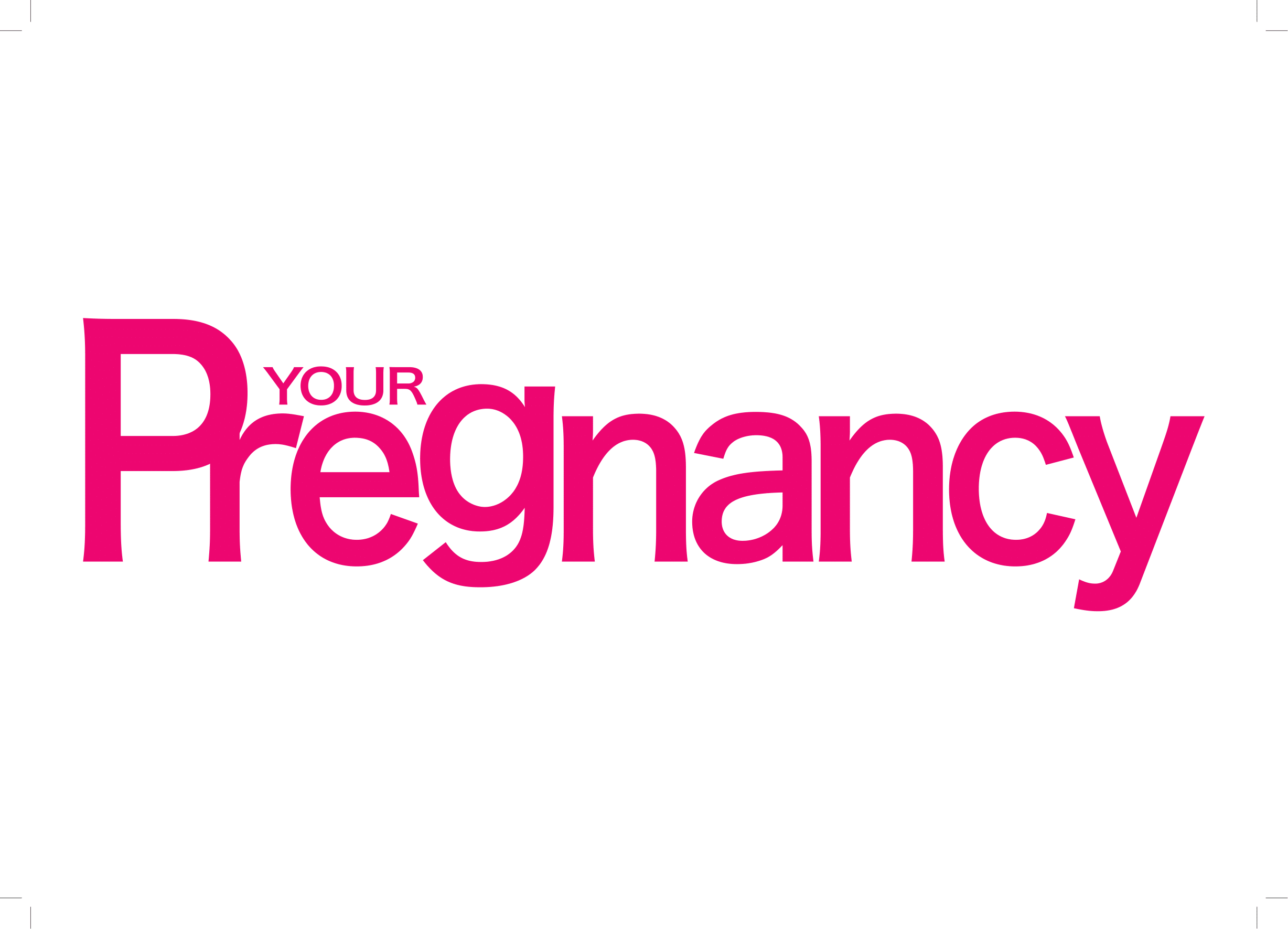
How to manage migraine headaches during pregnancy
If a woman has a history of migraine headaches, and there are no other health problems, migraines during pregnancy are not usually a concern. However, if a first time migraine-like headache occurs in pregnancy, it is important to rule out any other type of condition that may be dangerous, such as bleeding in the brain, meningitis (infection in the brain tissues), or tumours, where further testing may be needed to determine the cause of the headache.
The treatment of migraines while pregnant
Treatment of migraines in pregnancy may include trying soothing and non-drug measures, such as: applying cold packs, resting in a dark room and sleep. Avoiding triggers such as certain foods and stress may also be helpful.
Medications must be carefully chosen because many drugs pass through the placenta to the developing foetus. Small doses of caffeine and acetaminophen are generally safe after the first trimester of pregnancy, however should only be taken if advised by your doctor.
Also be careful about looking to take any herbal infusions or ‘natural’ remedies, as these too contain active chemicals that can have a harmful effect on your baby.
A mother's story
Lisa Fluxman, mom to Ethan (3 years) and Daniel (6 months), suffered from migraines with both pregnancies.
“I would definitely say that taking Panado helped and I would try to sleep it off, however with Daniel it was really bad and I was prescribed stronger medication for the pain – but only towards the end of my last trimester. Speaking to my gynaecologist about my symptoms was vital since although I experienced headaches before my pregnancies, they were much worse and more frequent while I was carrying. Since Daniel’s birth I have been well and have luckily had no recurrent migraine attacks”, says Lisa.
Contact your doctor immediately if:
- Your headache is accompanied by a fever
- Your headache persists for more than a few hours or returns frequently
- You are experiencing blurred vision
Medical interventions:
Tension migraines
According to Dr Shevel, if muscle tension is present, there are a number of non-drug treatment options available.
His first choice is a specially constructed intra-oral appliance (a plate) that sits comfortably in the palate and relaxes the muscles of the head and neck. The other treatment options for muscle tension are physiotherapy, postural training and appropriate exercise.
Arterial migraines
The second most frequent source of migraine pain exists in the arteries of the scalp. These can only be examined while the migraine is present and may require a minor surgical incision to relieve the pain, which needs to be carried out by a doctor who has received special training. Other structures that may be involved in the pain process are the sinuses, ears, eyes, teeth, neck, and temporo-mandibular (jaw) joint.
Preventing migraine attacks:
Ideally, successful treatment is aimed at preventing migraines, so that potentially harmful medication is not necessary. It may, however, be possible to reduce the frequency and intensity of attacks by observing a few simple rules:
Know your triggers
Scrupulous avoidance of known headache triggers can greatly reduce the number of attacks. These are different for everyone and can be alcohol, cheese, chocolate, citrus or caffeine
Keep a headache diary
This diary should include when the headache happened, what triggered it and how long it lasted. If you keep a log of your headaches you can learn what triggers them and therefore avoid those things.
Drink water and eat regularly
Some people find that if they drink a lot of water, it cuts down the number of migraines. If people eat erratically and their blood sugar drops, that can also kick off a migraine. So it is important to eat small regular meals throughout the day and not use highly refined sugars.
Common Migraine Triggers:
- Stress
- Chocolate
- Cheese
- Coffee
- Weather
- Hormones




 Publications
Publications
 Partners
Partners










